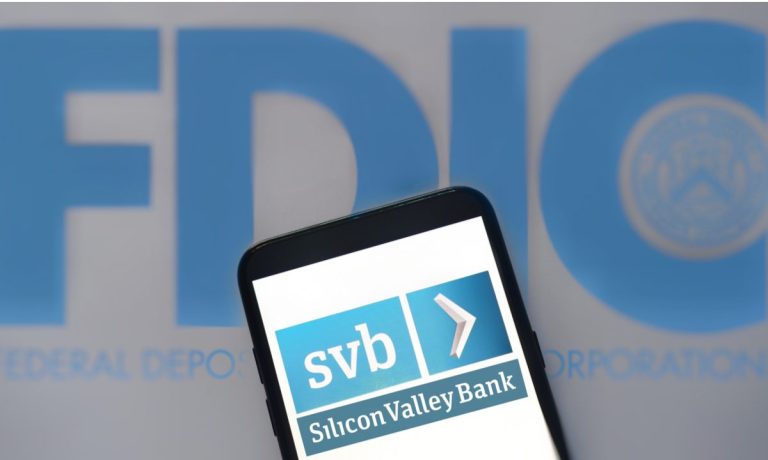McHenry Questions FDIC and Treasury Chiefs on SVB Response

House Republicans want more answers from the White House on the recent banking crisis.
The chair and vice chairman of the House Financial Services Committee wrote to the Biden Administration on Wednesday (March 22) demanding detailed information on the response to this month’s bank failures.
“Given the unprecedented speed of the bank failures and subsequent effects on the U.S. financial system, it is critical that Congress understand the events leading up to and following the failures of both Silicon Valley Bank and Signature Bank,” Rep. Patrick McHenry (R-N.C.) and Rep. French Hill (R-Ark.) wrote in a letter to Martin Gruenberg, chairman of the Federal Deposit Insurance Corp. (FDIC).
“In particular, Congress must understand the FDIC’s role both as receiver for the failed banks and as the primary Federal banking agency for Signature Bank.”
Silicon Valley Bank (SVB) and Signature Bank were both taken over by the (FDIC) this month.
The congressmen also wrote to Treasury Secretary Janet Yellen, asking for more clarification on the government’s decision to declare the banks a “systemic risk” when announcing the takeover on March 12.
Federal law “requires the Treasury Secretary to include a description of the basis for making a systemic risk determination,” they wrote. “Notwithstanding your March 12th letter, the basis for your determinations remains unclear.”
The Financial Services Committee is set to begin hearings into the banking failures next week, with a witness list that includes Gruenberg; Michael S. Barr, vice chair for supervisors at the Federal Reserve’s board of governors; and Nellie Liang, the Treasury Department’s undersecretary for domestic finance.
PYMNTS wrote earlier this week that, in retrospect, the collapse of SVB — which set off a crisis that rocked the financial world — was easy to predict.
Its high concentration of deposits also portended a concentration of risks, something that would have been the case for any financial institution.
“The concentration of risk demands oversight, and oversight demands responsiveness from the overseen,” PYMNTS wrote.
However, recent reports show that the Federal Reserve had begun examining and warning SVB that there were “serious weaknesses” in terms of risk management. One of the chief concerns was the fear that the bank would not have access to cash for emergencies.
By last summer, the Fed had deemed SVB “deficient” in its governance and controls, though nothing appears to have been done beyond that.
“Time ran out, we note, and market forces wound up exposing those risks in the worst possible way: by sparking bank runs and a negative ripple effect that spread out well beyond the confines of Silicon Valley and has upended other players,” PYMNTS wrote.